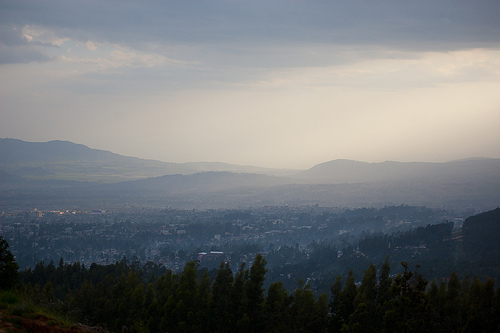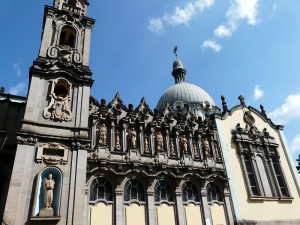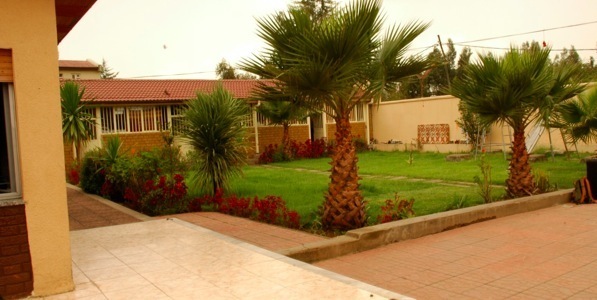I’m listening right now to The Ancient Muse. Last time I was fixated on this album was about 3.5 years ago, right after I started blogging. I remember sitting in Silos cafe listening to “Never-ending road” while wrestling with Live Journal. Now, 840+ posts deep, I have a better idea what I think about many things. A scratch on the surface is now visible, even if it be just a divot in a gold course the size of South Dakota. I hope so anyway. I turn 30 come Sunday.
The old Ralph “Ray-FFFF” Van Williams wind ensemble orchestration of English folk tunes contains a fun rendition of “Seventeen Come Sunday”. Who? What? Anyone who played a band instrument with any fervor past high school knows exactly what I speak of. The rest can just forget it. This gem belongs to adult “band geeks” alone and cannot be wrested from them. (Half points if you sang the Percy Grainger choral arrangement.) Now the tune was set with words extolling the excitement of youth and the hope of romance (and later dashed romance, if you make it to the last verse).
I must hum a different melody come this Sunday, when I turn thirty. I have past the days of being cynical or disillusioned about love, romance, sex, or being a rock star or an astronaut. About these we have been lied to so steadily that when a true word is spoken, it is difficult to discern over the ringing in our ears. By God’s grace, and that alone have I grasped some sense of what steadfast love is really analogous to in my mortal flesh on this broken earth.
In addition, my faith in God, and Christ in particular has never slipped. Nay, it has more traction than ever. I am glad to have this as I tackle the remaining decades. I no longer believe in what my elders called “the saving knowledge”, as if I could think my way into God’s arms. If I am in his arms, it is because he has reached out and embraced me. What I know of his Trinitarian ways is also a gift. I am thankful for it immensely. Thinking is so exciting!
What has been a bit slower to die is the naive strength of youth. My body doesn’t kick like it once did. I no longer dream of living in Manhattan. Pulling an all-nighter now has consequences. Each day the horizon shrinks to hold a sun the same brightness and luster as the real sunrise in the true east – not a false glory. Still, I am much motivated to complete more than one lasting work before I die. Chief of these are my children, though they are in God’s hands more than my own. The rest is yet to be determined, though I am fairly confidant that by the “full stride” of 40 some of these will be fully formed.
With me is my loving wife, who has had to grow much in patience just to bear living with me. I am glad she has stayed as without her, so many hopes would be dashed. God has all of human history to work his redemption, but I have only a sliver of the timeline to act. He has compelled me to act. I can not deny him.
I have what seems to be a pretty good idea of where I need to be in 10 years, but I don’t know if I can do it. I feel that I lack the motivation to push through all the hurdles. If Luther was right, and I highly suspect so, then I DO NOT HAVE the motivation to push through all the hurdles. This can be a comforting thought and not a despairing one. It is not yet. I know what to pray for. Does He have other plan then to grant this grace? I doubt it.



